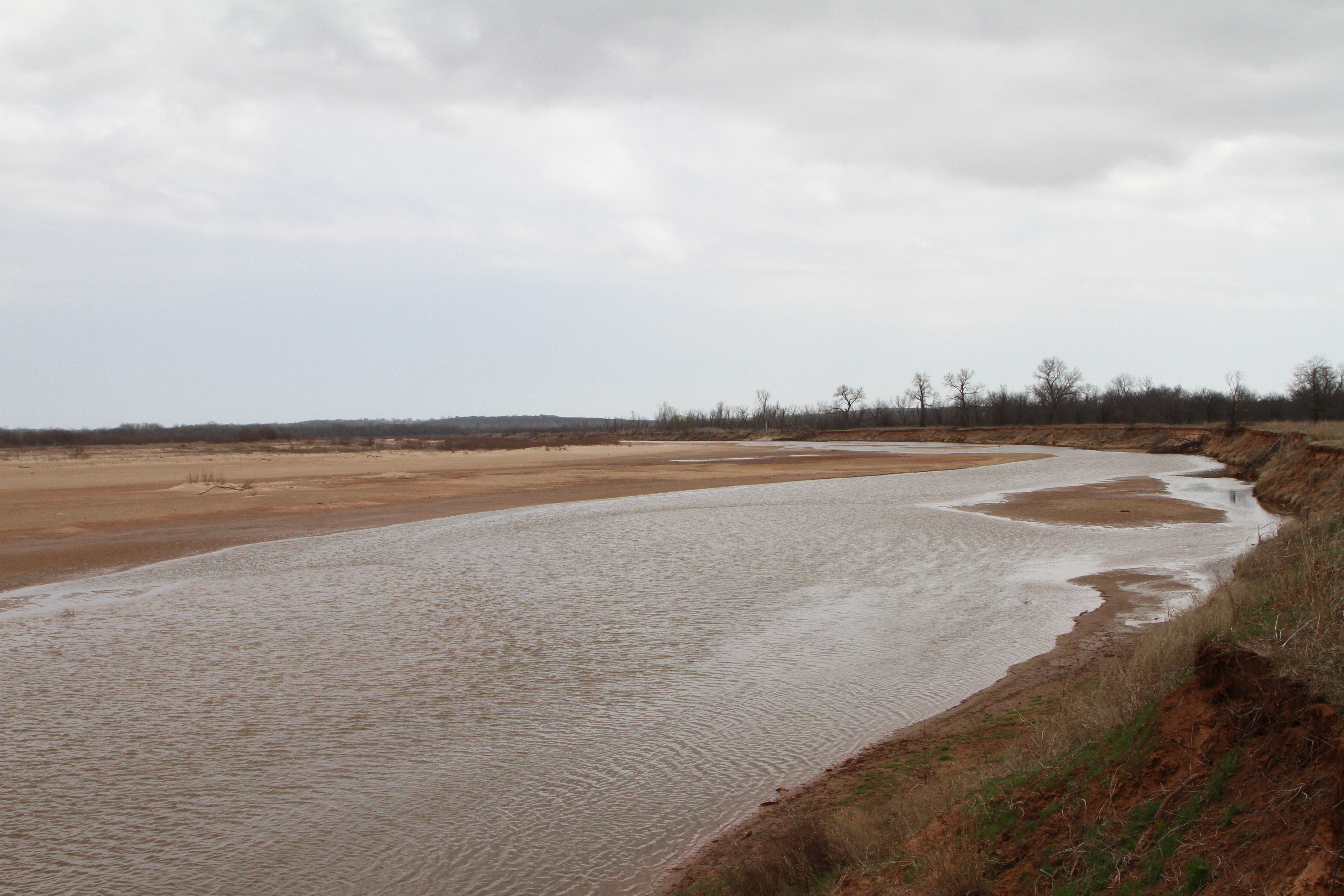By Jessica Domel
Multimedia Reporter
In a major victory for private property rights in Texas, a U.S. District Court judge has approved a settlement between Red River landowners and the federal Bureau of Land Management (BLM) attempted to claim their land.
The dispute began in 2009 when BLM attempted to place survey markers on private property along a 116-mile stretch of the Red River, claiming it was federal property due to the movement over time of the river.
Nine landowners, represented by the Texas Public Policy Foundation (TPPF), filed suit against the BLM to protect their homes and, in some cases, their livelihoods.
“The Bureau of Land Management has been pushed back out of Texas and across the Red River,” Robert Henneke, general counsel and director of the Center for the American Future at TPPF, said. “Because of this, our clients’ homes and family lands are safe from seizure by the federal government and protected from this type of land grab happening in the future.”
According to Henneke, BLM has cancelled its surveys and federal markers and disclaimed its maps estimating public lands within Texas along the Red River.
“Now, our clients, their families and neighbors can be at peace again within their homes,” Henneke said.
In 2014, the case became more urgent when the BLM announced it would implement a regional management plan allowing the federal government to control the estimated 90,000 acres along the Red River in Clay, Wichita and Wilbarger counties.
That May, Texas Farm Bureau (TFB) staff visited with landowners in the region and released video, print and radio stories on the issue—giving additional exposure to the issue.
In 2015, Texas Attorney General Ken Paxton filed a motion asking the judge to allow the state of Texas to join the case.
“The borders of Texas are a fundamental expression of our sovereignty,” Paxton said. “We are pleased that the federal government has retreated from its effort to arbitrarily infringe upon Texas land and undermine the private property rights of our citizens. The Obama Administration’s efforts to take from Texas tens of thousands of acres of our land failed, and we are grateful to the Trump administration for finally removing this impermissible infringement upon Texas’ sovereign borders.”
Texas Land Commissioner George P. Bush also filed a motion because the General Land Office manages the Permanent School Fund, which holds the mineral rights to land in the area.
The judge allowed both the state and GLO to join the case.
“For more than 180 years, Texans have stood up against anyone who would attempt to infringe on our property rights,” Bush said. “In this case, Texas families owned and worked the land at the heart of this matter for generations until the unfair attempt to seize it. The land office had held mineral rights to this land, on behalf of our children and future Texans, for nearly two centuries. Texans have always defended our land and our rights. At the end of the day, the saying remains true: Don’t mess with Texas.”
Wilbarger, Wichita and Clay counties also joined the case along with the Clay County sheriff.
In May of 2017, TFB filed a friend of the court brief in support of the landowners.
“The settlement in the case involving the Bureau of Land Management and property owners along the Red River is a major victory for fairness and property rights. The plaintiffs stood up to an aggressive federal government that was trying to take their land with no compensation,” TFB President Russell Boening said in a statement. “Some of these people are our members—family farmers and ranchers who faced the nightmare of losing their land and livelihoods. We appreciate their courage in taking on this difficult legal battle and the change of heart by the federal government that made a fair settlement possible.”
A settlement between the parties and the BLM was reached just before the trial was set to begin in September.
“The settlement agreement gives my clients all they ever wanted—to be able to enjoy their property without being under the cloud of the BLM’s faulty surveys and untenable claims,” Austin Curry, a principal at Caldwell Cassady & Curry who served as co-counsel, said. “We are grateful to Judge (Reed) O’Connor and


Hoorah! I am sharing this on FB for my friends who don’t live in Texas, to be aware the Feds are likely doing this to their landowners, too,.